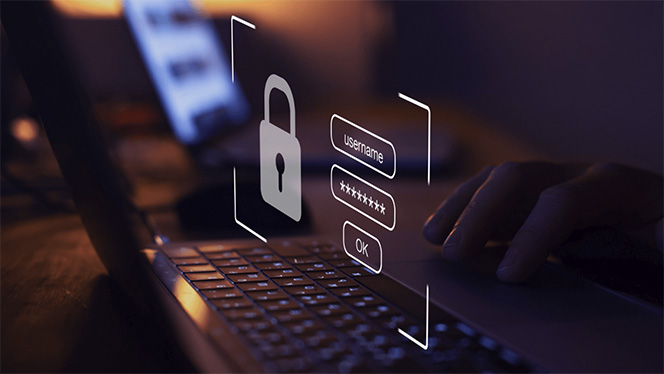
Cybersecurity can be regarded as the protection of computers, servers, networks, and data from unauthorized access, theft, or damage. Cybersecurity is a very broad and integrated range of technologies, processes, and practices that were developed to protect sensitive information from cyberattacks, such as hacking, malware, and phishing scams. With the rapid increase in digitization in everyday life, the demand for cybersecurity experts is extremely huge. This career in cybersecurity can turn into a fulfilling yet challenging profession where one could save many individuals and companies from cyber threats. Mind Spark Technologies brings you this blog to provide all the essential details about cybersecurity and how to build a career in this field.
Why is Cybersecurity Important?
Many things related to the modern digital world are connected to the internet-from banking and shopping to communication and storing personal information. There is a massive amount of sensitive data stored online by businesses and governments, making them vulnerable to hacking. Such an attack may bring about huge financial losses, identity theft, and reputational damage to the company. Cybersecurity would therefore be very essential in preventing such incidents and preserving both personal and organizational data.
The Career Path in Cybersecurity
If you are interested in having a career in cybersecurity, then here is what you need to do:
1. Get the right education
Many companies tend to recruit people holding computer science, information technology, or cybersecurity degrees. A bachelor’s degree in any of these fields is a stepping stone, but remember that it is a very broad, fast-evolving field, and constant learning is required. You can fill in formal education with online courses, certifications, and hands-on experience.
Some other relatively well-known cybersecurity certifications include:
CompTIA Security+: good for beginners, covering basic security concepts.
Certified Ethical Hacker (CEH): This is about the techniques by which hackers can enter the systems without being perceived.
Certified Information Systems Security Professional (CISSP): More for those who have been in the job for some time, because of the deep level of security experience in their specialization.
2. Key Technical Skills
To become an expert in cybersecurity, you need to build a strong key set of technical skills. Key technical skills are:
Network: you must understand how the networks work to be able to defend them.
Penetration Testing: You pretend to launch cyberattacks and find vulnerabilities in systems.
Encryption and Cryptography: These are capabilities that would be helpful in securing data from unauthorized access.
Incident Response: Knowing the way to respond and mitigate the harm caused by cyber attacks.
Other knowledge of programming languages like Python and Java would be added advantage, particularly through automation and development of security-related tools, but not strictly necessary.
3. Hands on Experience
Hands-on experience is also important in cybersecurity. Begin with an entry-level job in IT support, networking, or systems administration to learn the ins and outs of how systems are managed and protected. Working on entry-level positions and internships in any cybersecurity teams allows for hands-on experience handling security issues.
Your participating in cybersecurity competitions such as CTF challenges also helps you by training yourself in practicing your skills and gaining recognition in the field.
4. Cybersecurity Trends CYBR SCH 571
Cybersecurity is an ever-evolving field, and one needs to stay up to date about emerging threats and technologies. You may subscribe to industry blogs, participate in online communities, or attend conferences/webinars to keep abreast of the latest developments in this field.
Personal Qualities Required in Cybersecurity
Apart from technical skills, the most effective cyber security professionals often share some personal qualities:
Attention to detail: It is often the small mistakes that create gigantic vulnerabilities.
Problem-Solving Skills: Cybersecurity is the ability to identify ways in which to avoid and resolve security problems.
Ethics: Good ethics are critical as it holds the position of sensitive information when processed by the cybersecurity professional
Curiosity: A willingness to continue learning and understanding new attack methods is a key component.
Cybersecurity is an extremely rapidly growing field with ever increasing requirements for well-educated professionals. This area allows you, with proper education and technical skills as well as hands-on practice, to build a rewarding career, protecting digital systems from cyber threats. For those coming from another area of expertise, cybersecurity can offer opportunities for continuous growth.








